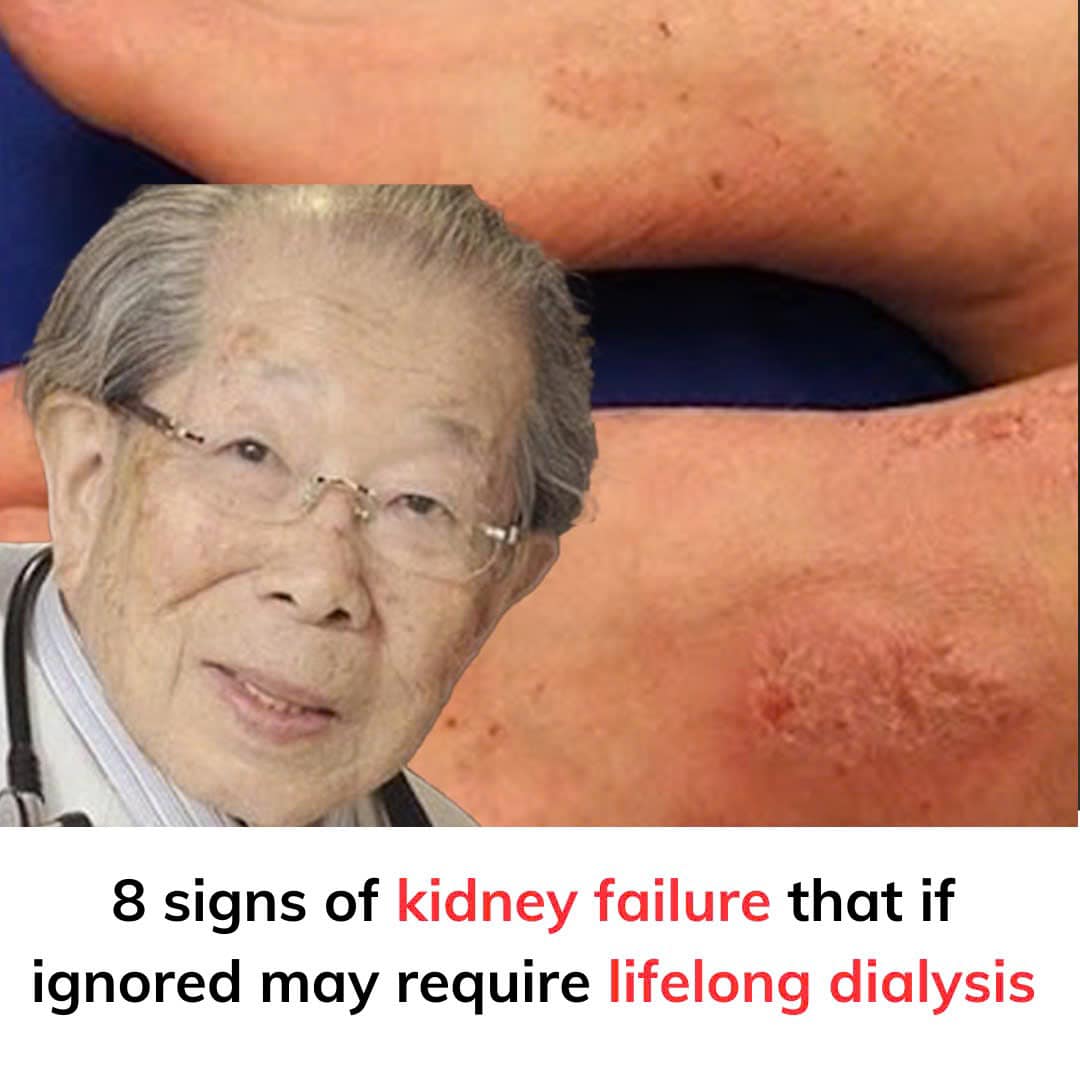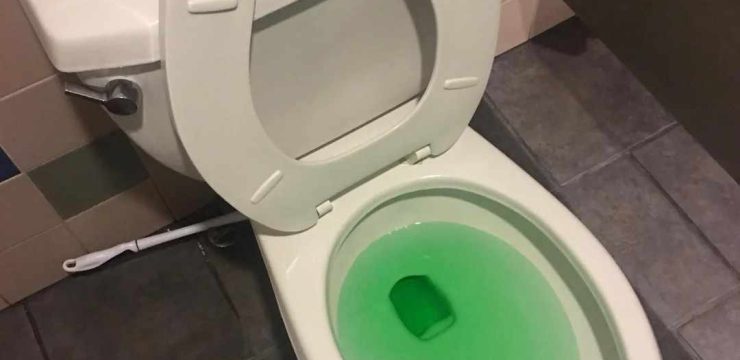The kidneys are vital organs responsible for filtering waste, excess fluids, and toxins from the blood, producing urine, and maintaining a healthy balance of electrolytes. When kidney function begins to decline, the body often sends out warning signs. These signals might seem subtle at first, but recognizing them early can make a significant difference in preventing further damage. Below are eight key signs of kidney failure that everyone should be aware of.

1. Discolored Urine
One of the earliest and most noticeable symptoms of kidney problems is changes in urine. Since the kidneys are responsible for producing and filtering urine, any abnormalities in color, smell, or frequency should not be ignored. Common signs include frequent urination, especially at night, blood in the urine, foamy or bubbly urine, and unusual colors like green, dark brown, or red. These changes may indicate that the kidneys are no longer effectively filtering waste from the bloodstream.
2. Difficulty Sleeping and Sleep Apnea
Kidney failure often leads to poor sleep quality. Many people with kidney issues report difficulty falling or staying asleep, tossing and turning throughout the night, and waking up frequently. Additionally, sleep apnea is commonly observed in kidney patients. Sleep apnea causes temporary pauses in breathing during sleep, which may last from a few seconds to a minute. This condition is often accompanied by loud snoring. Poor sleep quality in kidney failure patients is linked to the buildup of toxins in the bloodstream that the kidneys can no longer eliminate effectively.
3. High Blood Pressure
The relationship between the kidneys and the circulatory system is deeply interconnected. Kidneys contain millions of tiny filtering units called nephrons, which are responsible for filtering the blood. When kidney function declines, the nephrons cannot perform their job efficiently, which can lead to increased blood pressure. Conversely, chronic high blood pressure can damage kidney blood vessels, creating a dangerous cycle. Persistent high blood pressure that doesn’t respond well to medication should prompt further investigation into kidney health.
4. Back Pain
Back pain, particularly around the lower ribcage or radiating towards the groin, can sometimes indicate kidney issues. Kidney-related back pain is typically persistent and dull, unlike the sharp or localized pain caused by muscle strains. If this pain is accompanied by symptoms such as fatigue, vomiting, frequent urination, or fever, it could point to kidney problems. Seeking medical advice promptly is crucial if these symptoms occur together.
5. Swollen Ankles and Feet
Swelling in the ankles, feet, hands, and face is another common indicator of kidney failure. When kidney function declines, the body struggles to eliminate excess sodium and fluids, resulting in fluid retention. This condition, known as edema, often appears in the lower extremities. While swelling can have other causes, persistent puffiness without an obvious explanation warrants further investigation into kidney health.
6. Shortness of Breath
Shortness of breath is a symptom commonly linked to kidney failure. This can happen for two reasons: fluid buildup in the lungs (pulmonary edema) and anemia caused by reduced red blood cell production. Kidneys play a role in signaling the body to produce red blood cells. When they fail to function properly, oxygen transport in the body becomes less efficient, leading to breathlessness even during mild activity.
7. Bad Breath
Persistent bad breath, often described as having a metallic taste, can be a sign of kidney failure. When the kidneys fail to filter waste products from the blood effectively, toxins build up in the body, causing a condition called uremia. This accumulation can lead to a foul smell in the mouth, despite regular oral hygiene. Bad breath accompanied by a metallic taste and poor appetite should not be overlooked.
8. Itchy Skin
Healthy kidneys help maintain a proper balance of minerals in the blood and effectively remove waste. When kidney function declines, waste products accumulate in the bloodstream, causing dry, itchy, and flaky skin. In more severe cases, the itching can become intense and persistent, significantly affecting quality of life. This symptom is often linked to imbalances in calcium and phosphorus levels, which are regulated by the kidneys.
Early Detection is Essential
Kidney disease is often referred to as a “silent killer” because its symptoms can be mild or easily mistaken for other health conditions in the early stages. Recognizing the warning signs, such as changes in urine, back pain, swelling, and persistent fatigue, is crucial. Regular health checkups, maintaining proper hydration, managing blood pressure, and adopting a balanced diet can significantly reduce the risk of kidney disease.
If you notice any of these symptoms persisting over time, it’s essential to consult a healthcare professional promptly. Early detection and proper treatment can slow the progression of kidney disease and improve your overall quality of life. Your kidneys work tirelessly to keep your body functioning—it’s time to give them the care and attention they deserve.





